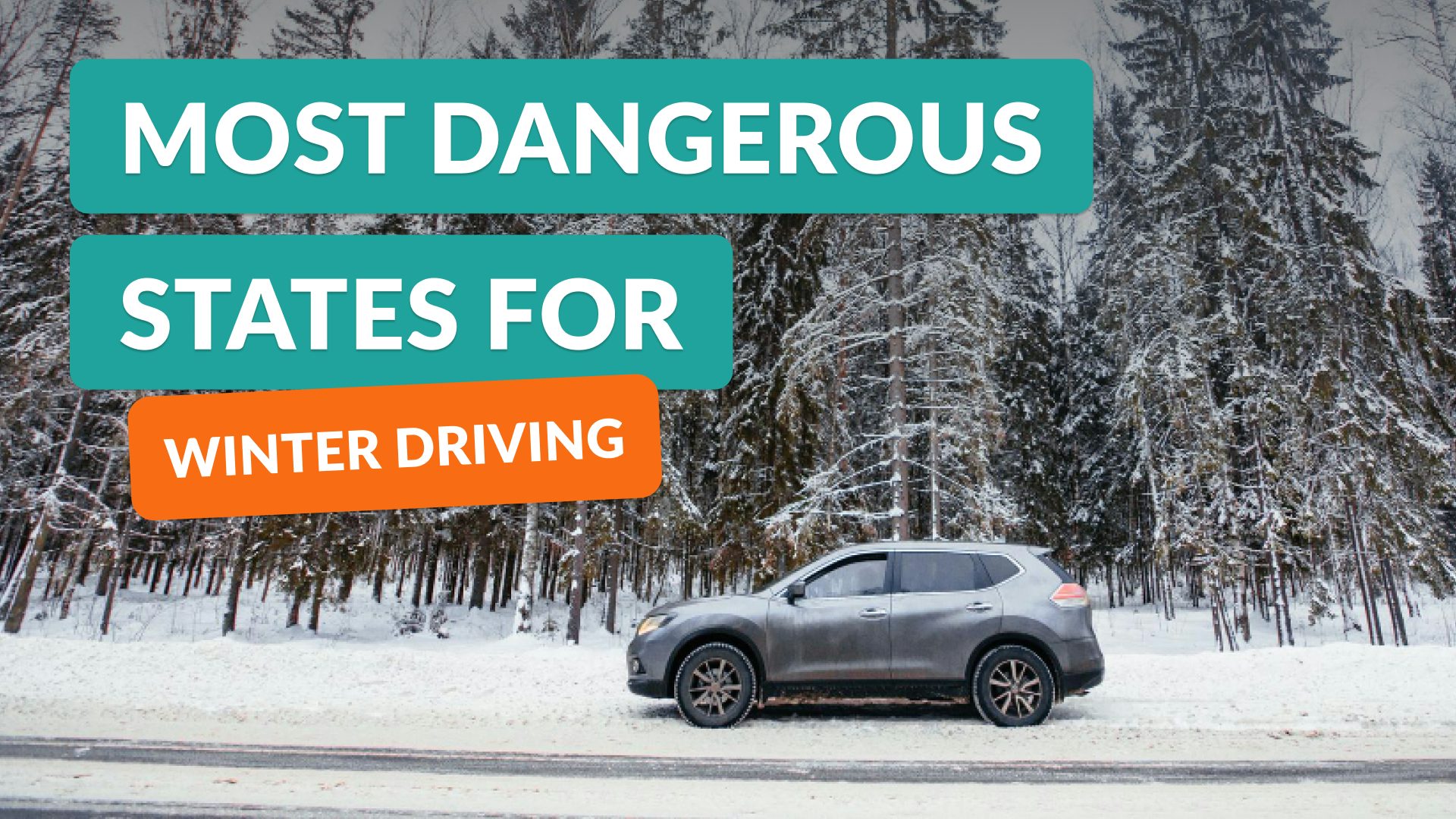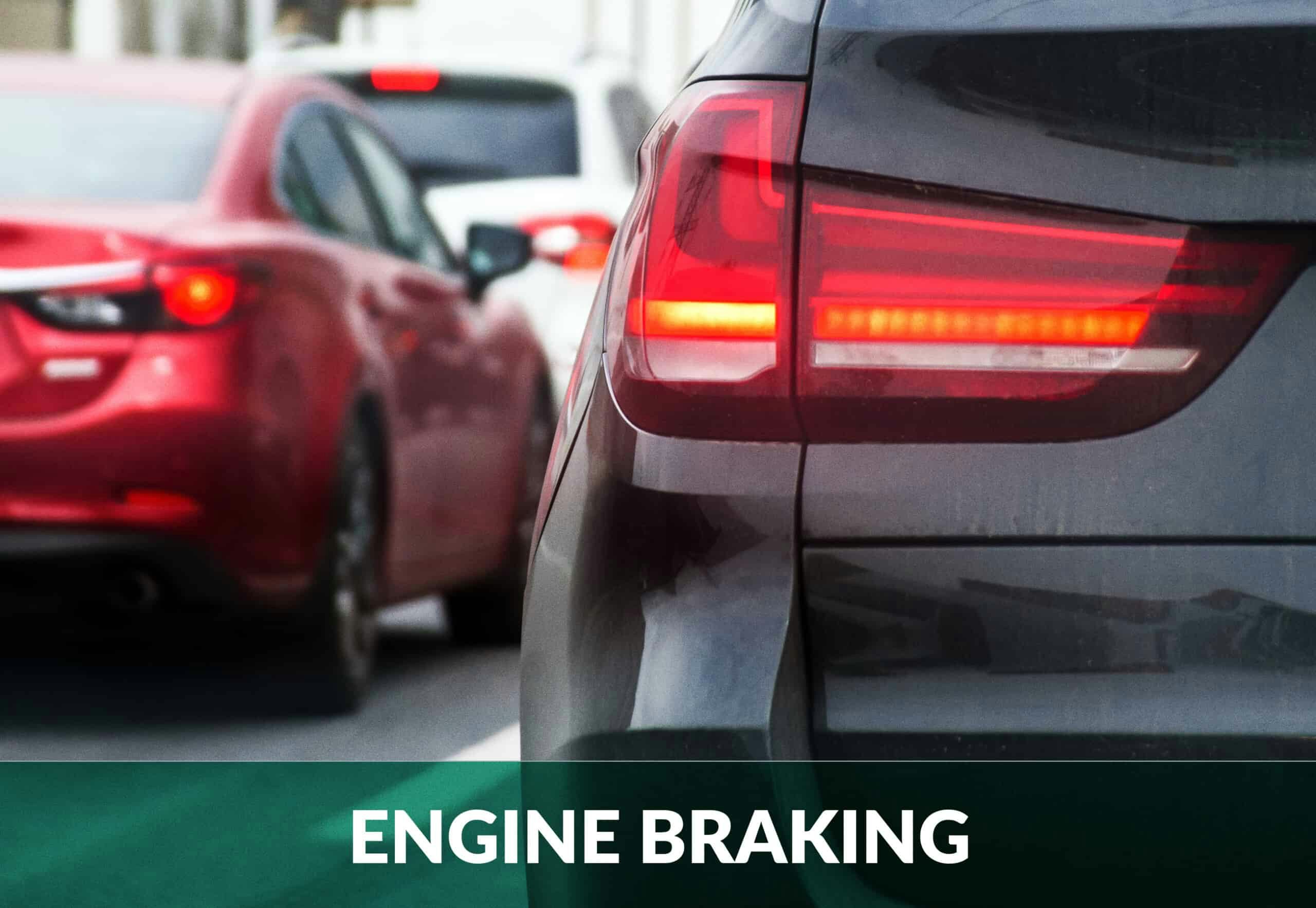
Engine Braking Explained: What It Is and How to Do It
What is Engine Braking?
Engine braking is the process of reducing the speed of your car by removing your foot from the accelerator pedal and shifting down through the gears. It works without ever having to engage the foot brake.
When you take your foot off the accelerator, the throttle body valve closes, limiting airflow to the engine. When there is little to no air flowing to the cylinders, a vacuum is created, causing the energy to decrease and the wheels to slow.
Engine braking is more common in cars with manual transmissions, although it also works in vehicles with automatic ones.
How to Engine Brake
Engine braking is a simple skill to learn, but it can be challenging to perfect, so you may need to practice it several times.
To gradually slow down, remove your foot from the accelerator pedal and shift to a lower gear while rev-matching. It will cause the vehicle to slow down without you having to apply the brakes. You can then use the clutch-and-brake approach to stop the car.
Smoothness and timing are essential for efficient engine braking, so make sure you have enough practice before trying it on the open road.
For example, if you’re driving down a long downhill slope, your car’s speed will gradually increase. To counteract this, you should slow down your vehicle. When you use the foot brake, the brake will become extremely hot, resulting in a brake fade or vapor lock. This can cause your brakes to fail. For safer driving, the best way to slow down on a long downhill slope is to use engine braking in conjunction with the foot brake.
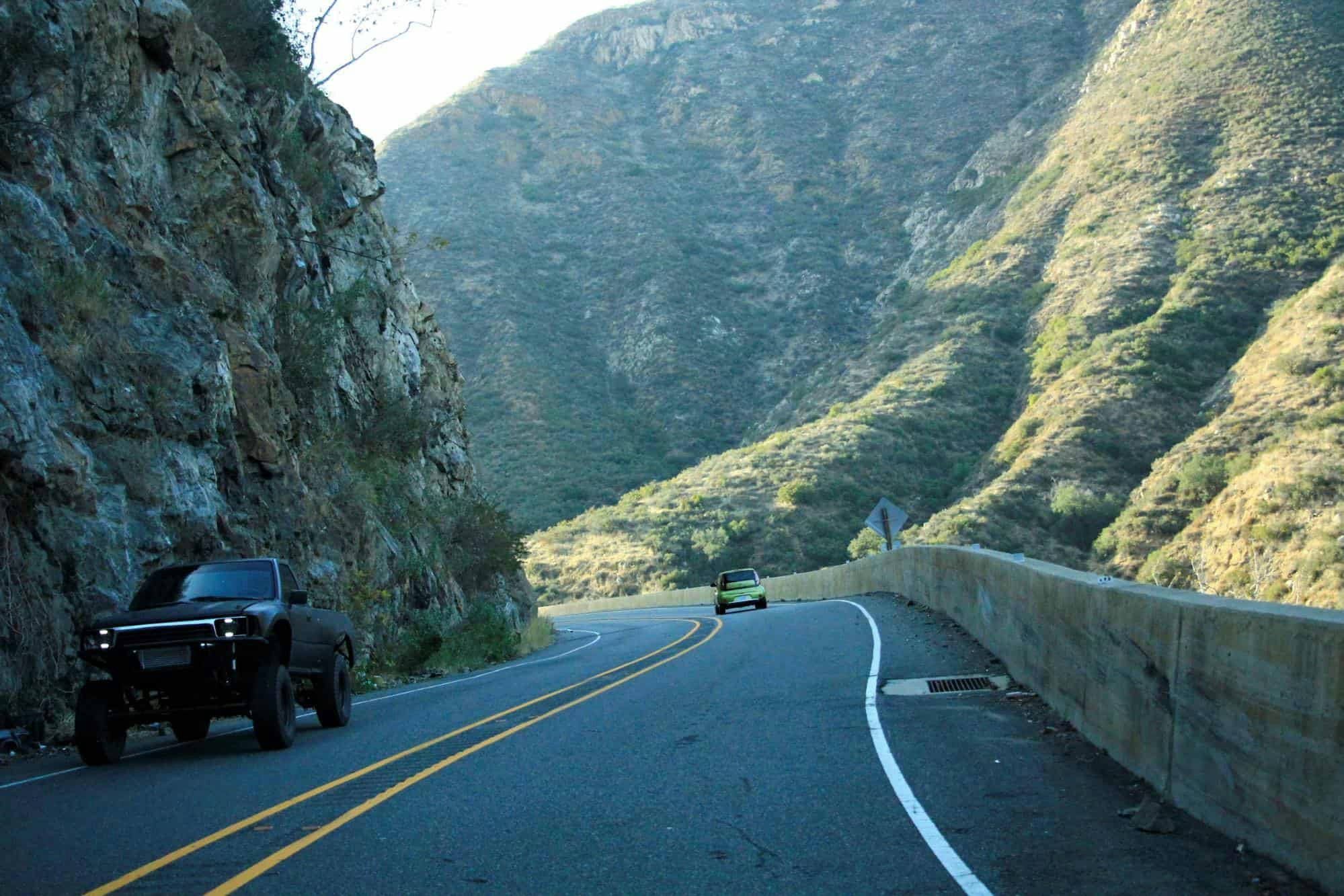
Beginner’s Tips
Simply following a few simple driving rules can help you avoid gearbox damage when learning how to engine brake:
● At high speeds, do not shift to a much lower gear. It will put pressure on the gearbox and engine.
● Shift down one gear at a time, giving the car plenty of time to adjust before changing again.
● Use engine braking sparingly, especially if you have an automatic transmission.
Are There Any Benefits of Engine Braking?
1 – Reduces Wear and Tear
Because the braking system relies on friction to slow your vehicle, brake pads and discs wear down and lose their usefulness over time. When you engine brake, in addition to conventional braking, you can use the footbrake at a slower rate for a shorter period.
Engine braking is particularly useful while driving downhill or on steep inclines. When driving down a steep slope, pressing on the brakes can cause them to overheat. This is commonly known as brake heat and it reduces braking performance and degrades the braking system.
When engine braking while driving downhill, the brakes experience reduced heat, wear, and tear. That means your brakes will last longer, and you will be able to descend safely.
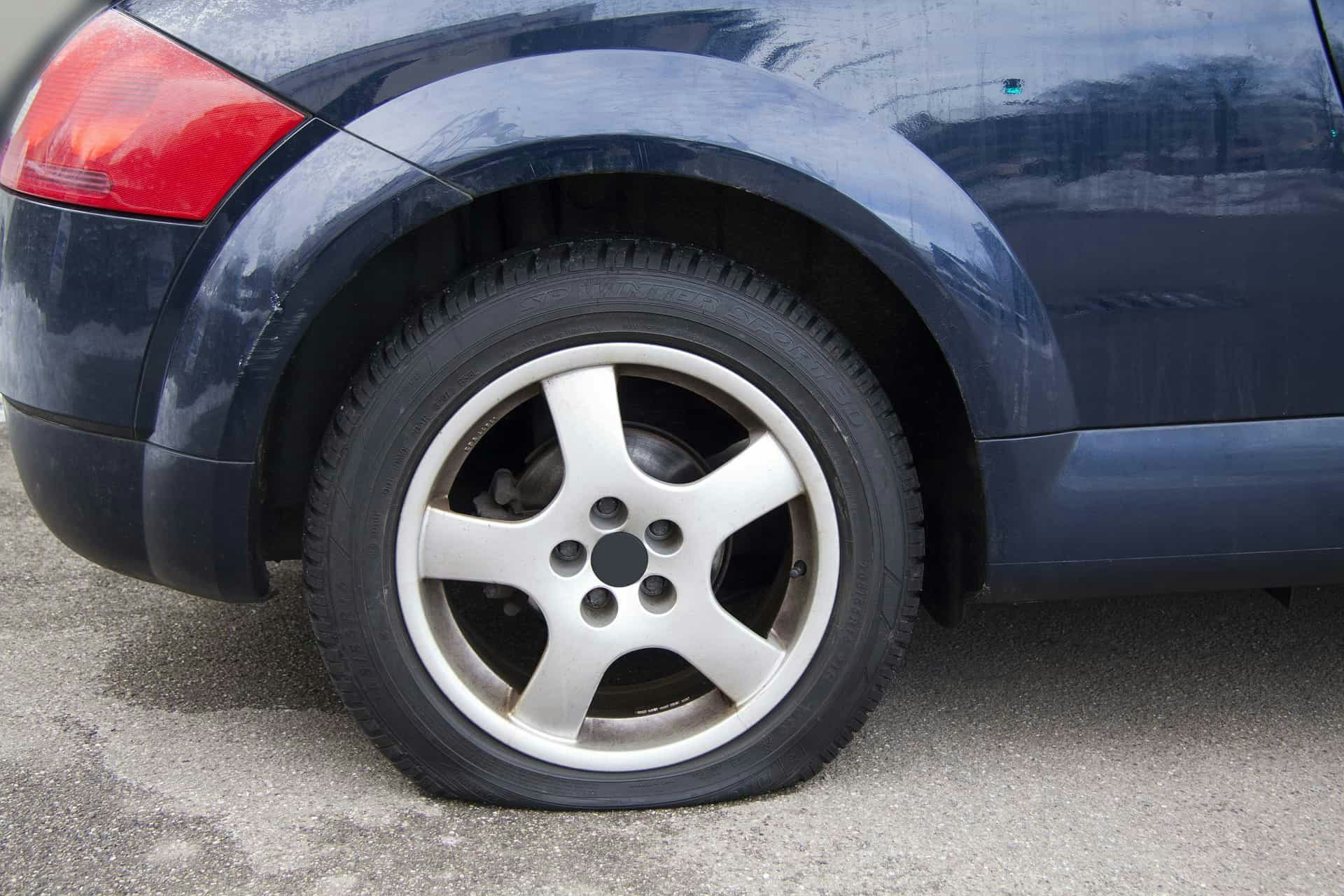
2 – Saves Fuel and Increases Efficiency
You will notice that when you use engine braking, you consume less fuel than when you use the footbrake. The reason is that when you remove your foot from the accelerator pedal, the engine ceases to consume energy.
While the technique only saves you a small amount of fuel here and there, the savings can pile up over time. It is especially noticeable when you’re used to driving long distances.
3 – Helps You Drive Safer
As noted previously, active engine braking is especially useful while trying to maintain control when traveling down steep and lengthy hills.
Engine braking is also useful when you see traffic ahead and wish to slow down rather than waiting until the last minute to try to stop. This will give you and those behind you more time to react to any changing conditions.
In icy conditions, it is also immensely helpful. When the road is slippery, you face the danger of locking the wheels and sliding, especially if you panic and abruptly slam on the brakes. Engine braking can help you slow down without using the brakes, allowing you to regulate the speed of the vehicle while keeping the wheels moving.

However, don’t be afraid to use your brakes if you need to! Sometimes drivers get into the habit of only engine braking when they should brake using the brake pedal, which can be dangerous.
Is Engine Braking Bad for Your Car?
Engine braking is a completely safe technique as long as you drive safely and responsibly. Initially, you may hear the engine rev up noisily; this is a natural response to shifting down through the gears. As long as your RPMs do not approach or exceed the red line on your dash gauge, it is completely safe to engine brake.
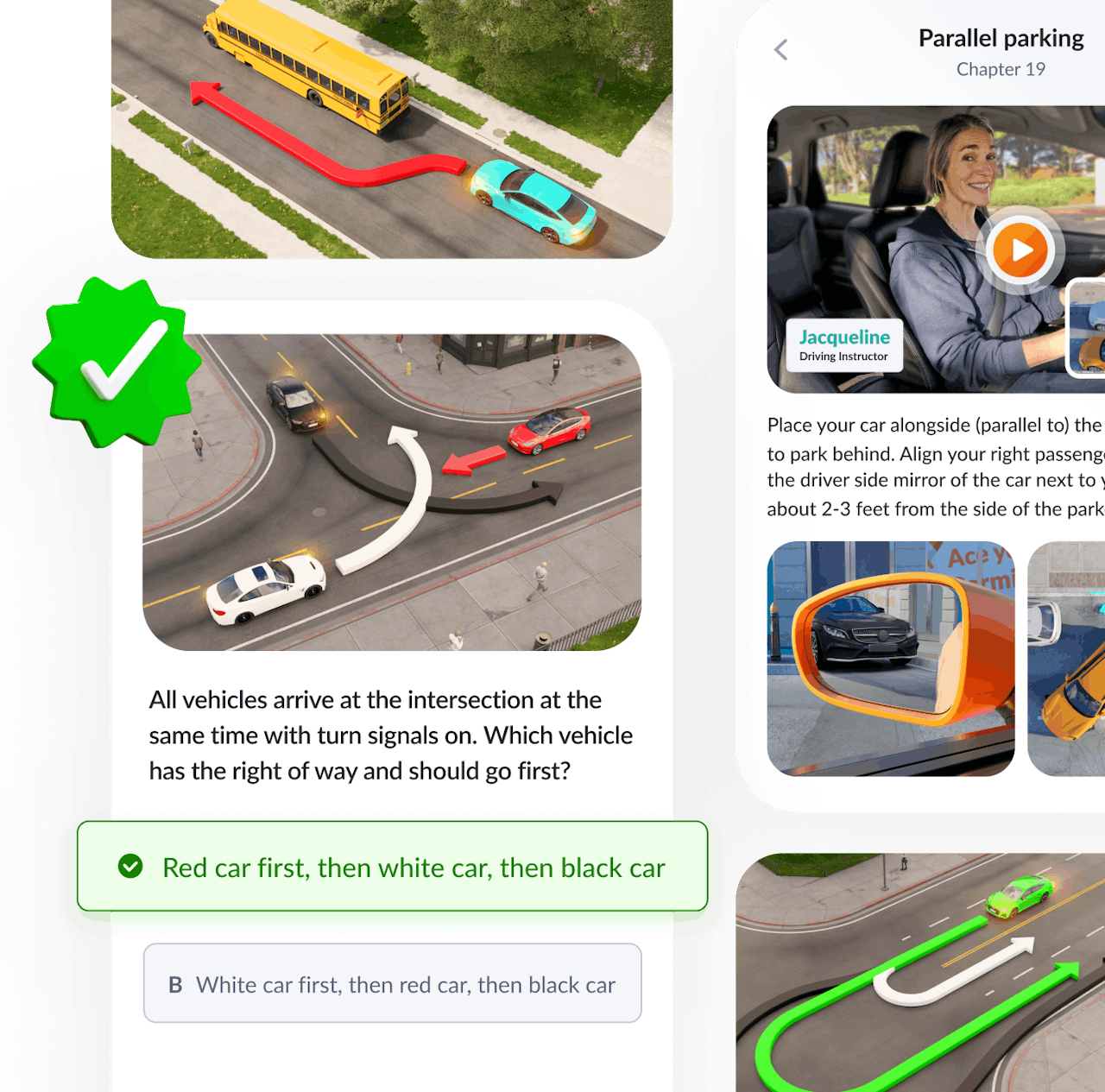
600+ exam-like questions and practice tests
Easy summarized DMV handbook
America’s #1 driver’s ed app with a 95.8% pass rate
Recommended articles
Ace your DMV test, guaranteed
Want to Be the Top School in Your Area?
- Simple & automated admin
- More time for teaching
- #1 learning materials for students

